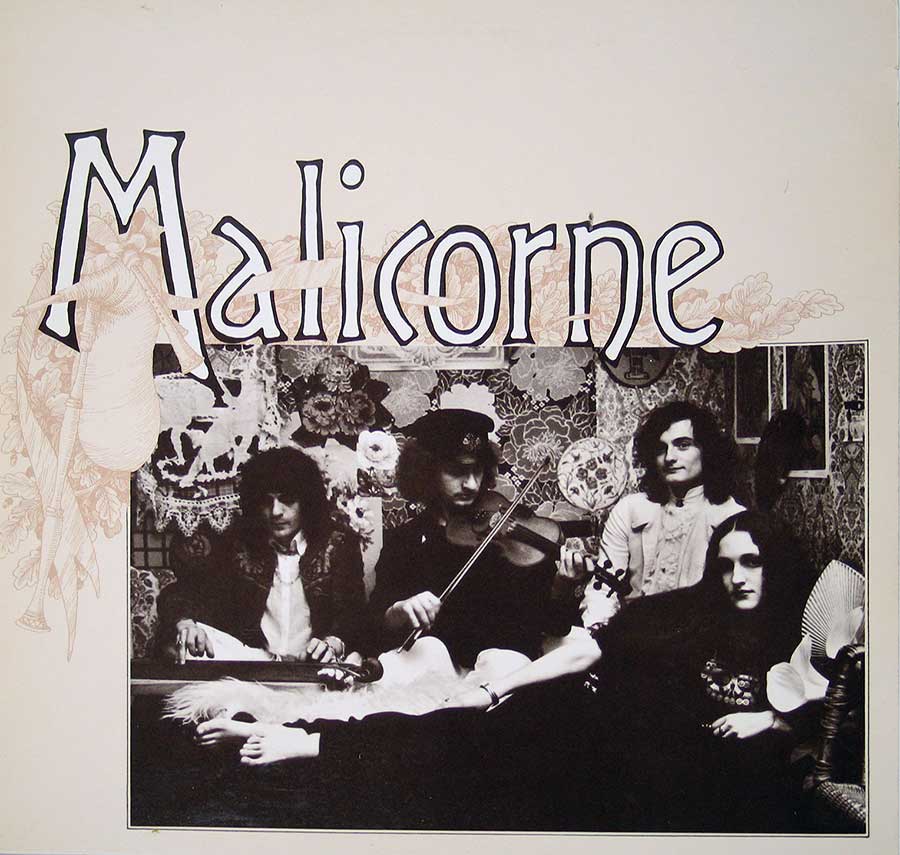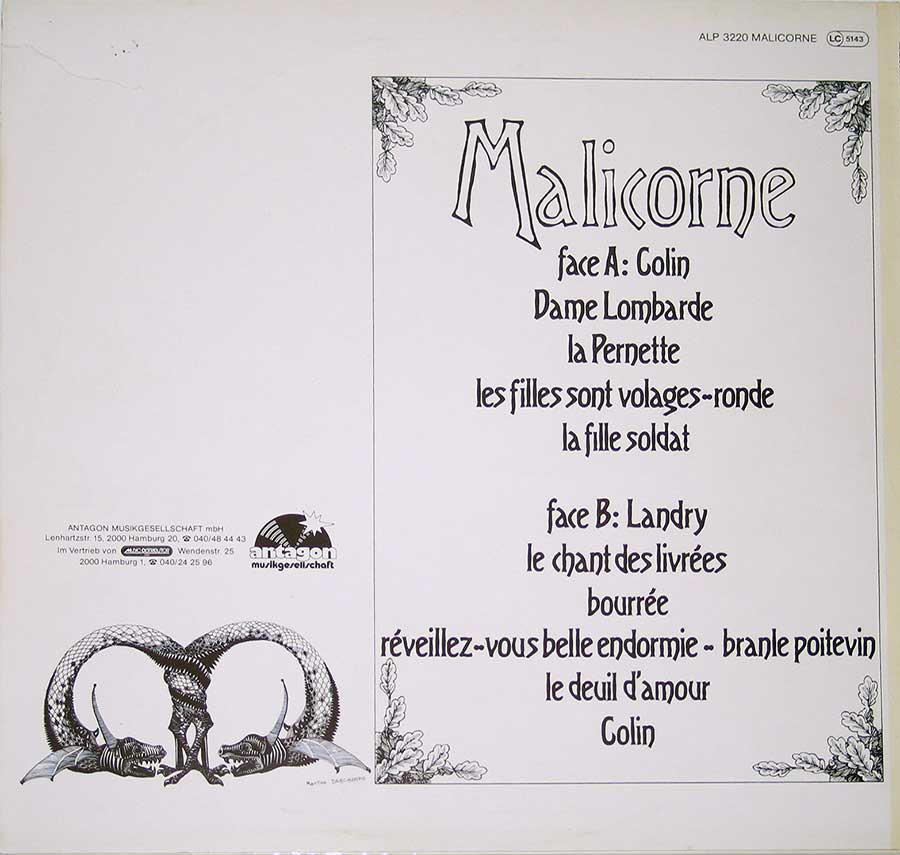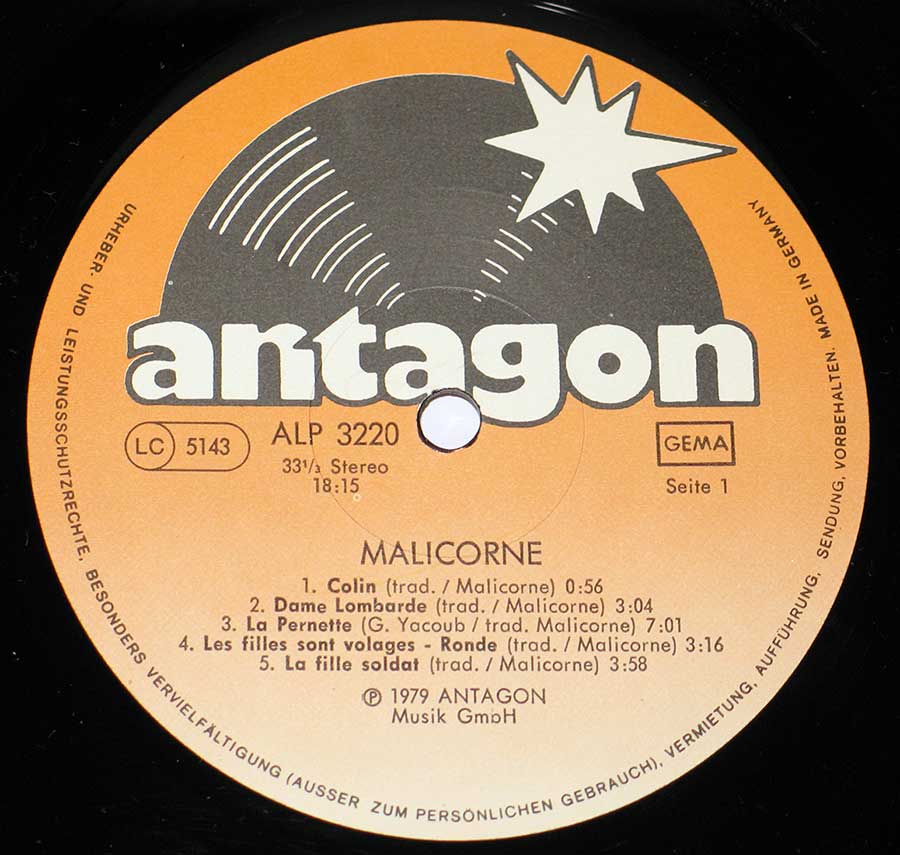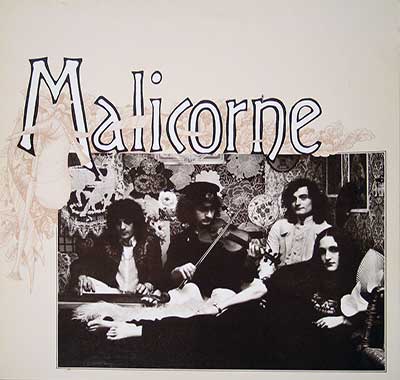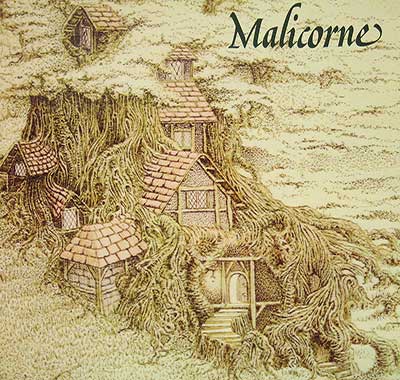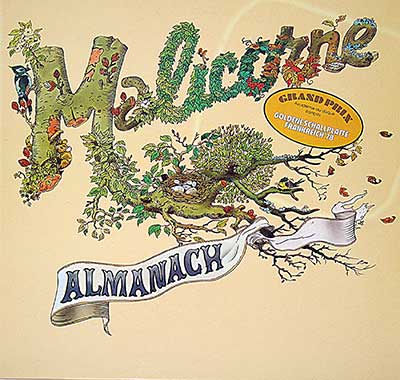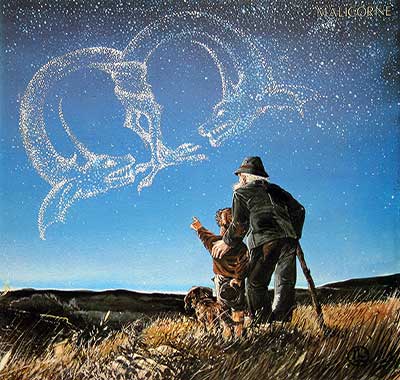In 1979, amidst the disco decadence and punk's dying gasp, a band of French folk revivalists named Malicorne unleashed their magnum opus, 'Colin'. This wasn't just any folk album; it was a sprawling, ambitious concept record, brimming with traditional melodies, furious instrumentation, and enough lyrical depth to drown a scholar. And like any true work of art, it stirred up its share of controversy.
Historical Context and Musical Exploration
Malicorne's emergence coincided with a burgeoning interest in traditional French music, a movement sometimes referred to as the "folk revival." But unlike some of their peers who were content to simply replicate old tunes, Malicorne sought to reimagine and expand upon this musical heritage. They weren't afraid to crank up the volume, infuse their sound with rock energy, or even incorporate elements of progressive rock and medieval music.
'Colin' took this musical exploration to the extreme. It was a bold, almost audacious attempt to weave a narrative tapestry out of centuries-old folk tales and songs. The album told the story of Colin, a shepherd who falls in love with a fairy queen, only to be betrayed and left for dead. The music, with its dynamic shifts between delicate ballads and frenzied instrumentals, mirrored the emotional rollercoaster of the tale.
Music Genre and Controversies
While 'Colin' was firmly rooted in French folk music, it defied easy categorization. It was folk, but it was also rock, prog, and even a touch of psychedelia. This genre-bending approach earned Malicorne both praise and scorn. Traditionalists accused them of diluting the purity of folk music, while some rock fans found the album too esoteric and inaccessible.
But the biggest controversy surrounding 'Colin' stemmed from its lyrics. The album was sung entirely in Old French, a language that was largely incomprehensible to modern audiences. Some critics saw this as pretentious and elitist, while others argued that it added to the album's mystique and historical authenticity.
Production Team and Recording Studio
'Colin' was produced by the legendary RenŽ Boyer, a man known for his work with French rock icons like Magma and Gong. Boyer's influence was evident in the album's expansive sound and meticulous production. He captured the raw energy of Malicorne's live performances while adding subtle layers of sonic texture.
The album was recorded at the equally legendary Ch‰teau d'HŽrouville, a 17th-century castle that had been converted into a recording studio. This historic setting, with its grand halls and echoing chambers, undoubtedly contributed to the album's atmospheric quality.
Conclusion
'Colin' was a landmark album that pushed the boundaries of folk music and challenged listeners' expectations. It was a sprawling, ambitious work that demanded repeated listens and careful attention. And while it wasn't without its controversies, it remains a testament to Malicorne's artistic vision and their unwavering commitment to their musical heritage.
Like any true masterpiece, 'Colin' continues to resonate with listeners decades after its release. It's a reminder that folk music, at its best, can be as vital and relevant as any other genre.
